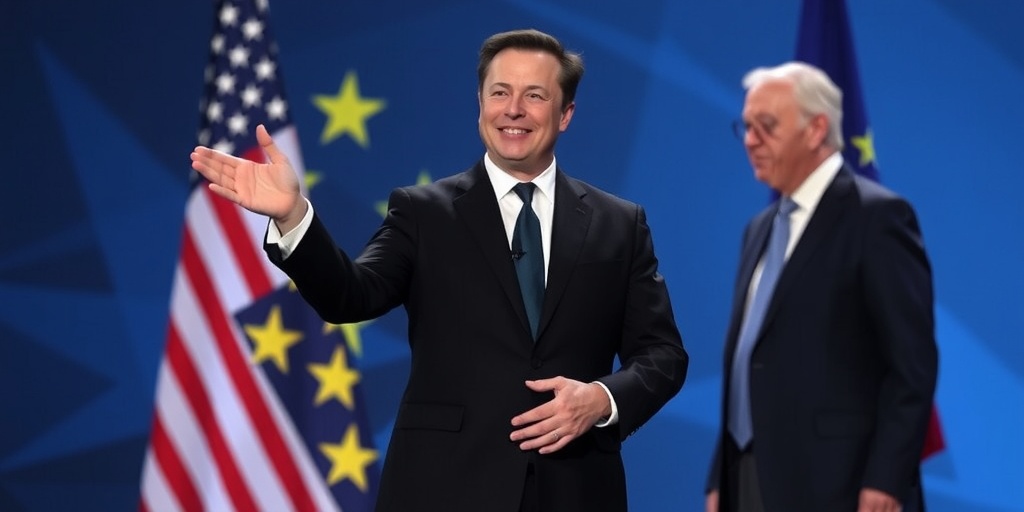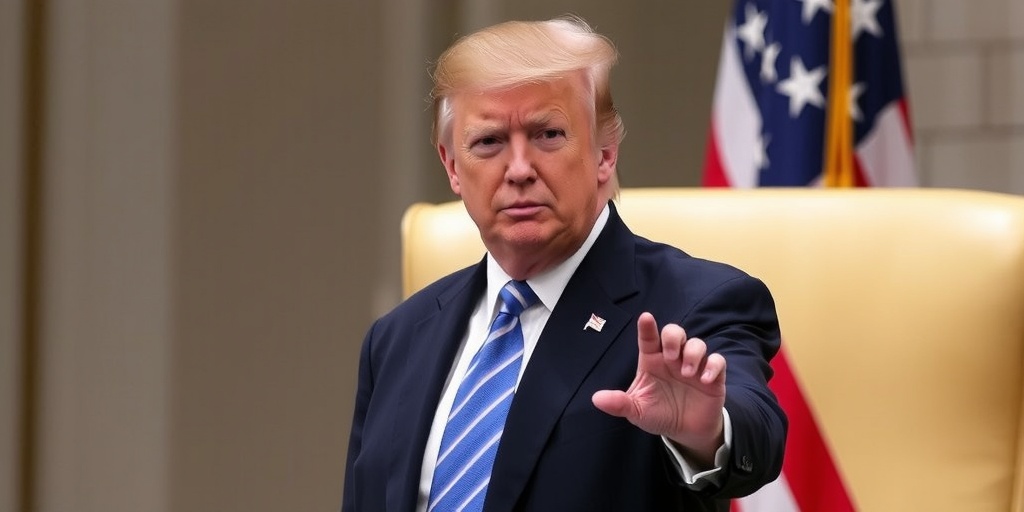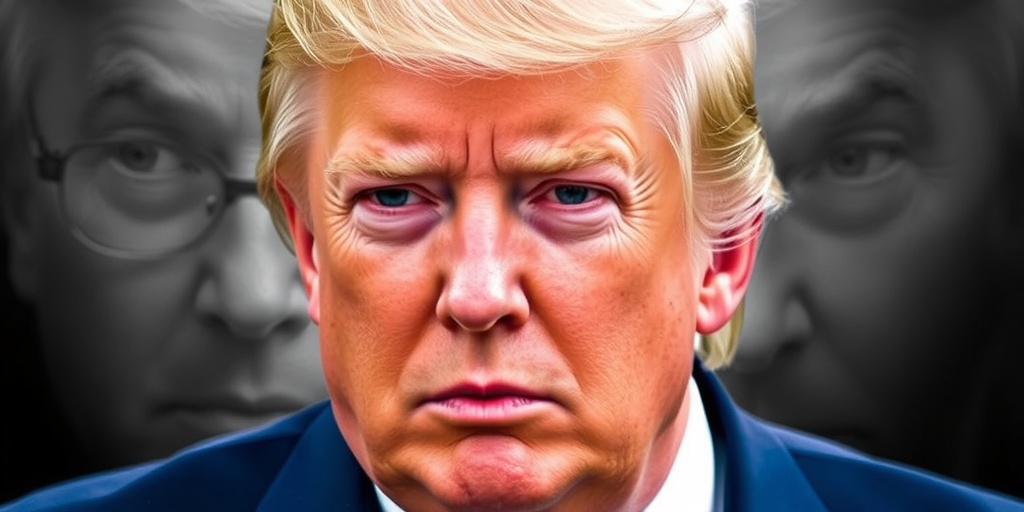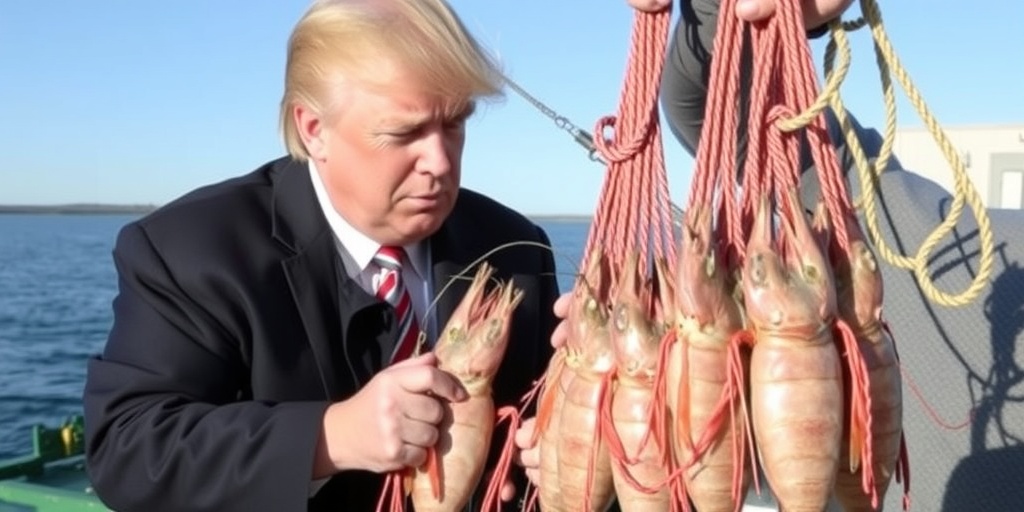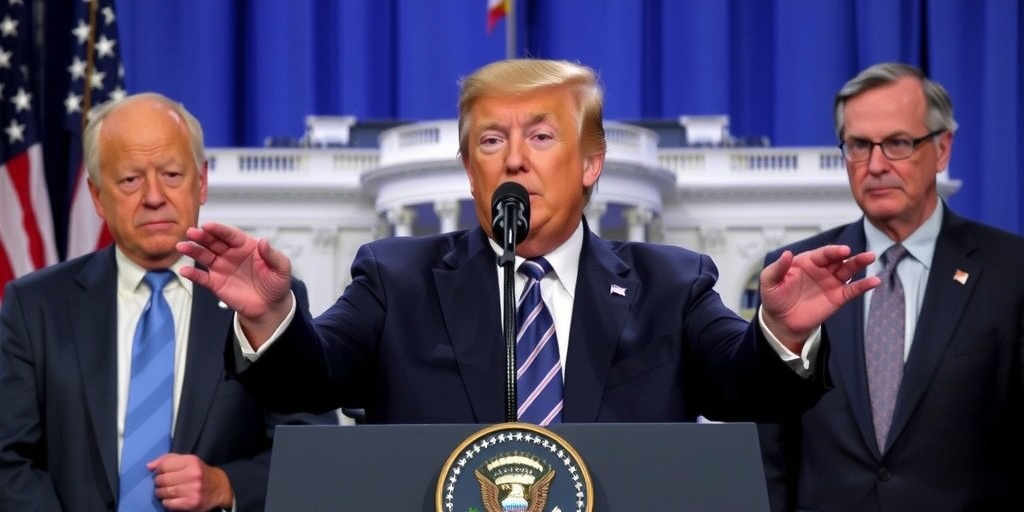Now Reading: Kennedy’s Health Initiative for ‘Indian Country’ Sparks Outrage Among Native Leaders
-
01
Kennedy’s Health Initiative for ‘Indian Country’ Sparks Outrage Among Native Leaders
Kennedy’s Health Initiative for ‘Indian Country’ Sparks Outrage Among Native Leaders
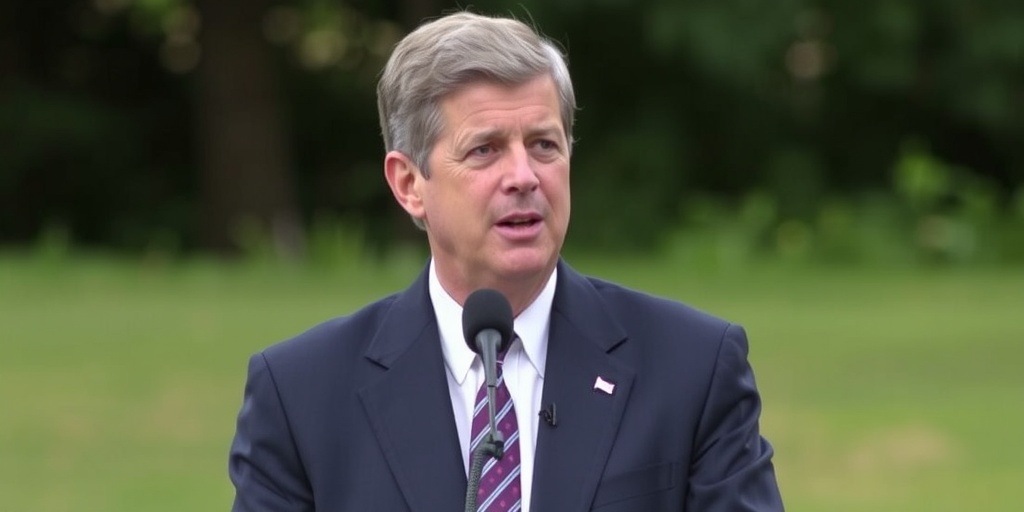
Health Secretary Faces Criticism from Native Leaders Over Job Cuts and Reorganization Efforts
Health Secretary Robert F. Kennedy Jr. recently stirred controversy during a Facebook event where he expressed his commitment to improving the Indian Health Service (IHS). He described his meeting with Native American leaders as “very inspiring” and acknowledged the historical neglect faced by the IHS, labeling it as the “redheaded stepchild” of his agency. However, this optimistic narrative has been met with skepticism and critical questions from Native leaders regarding recent decisions made under his leadership.
One of the primary concerns voiced by tribal leaders revolves around drastic personnel cuts in programs aimed at supporting Native communities. Specifically, questions have arisen regarding the layoffs of employees from the Centers for Disease Control and Prevention’s Healthy Tribes initiative, which is integral to health support for these populations. Furthermore, the closure of five regional health department offices that serve approximately 80 percent of the Native population has raised red flags. Advocates express that these closures are unwarranted and are being implemented without consultation with tribal leaders, despite long-standing treaty obligations and federal executive orders that mandate such consultations.
Native leaders have also voiced frustration over the unexpected reassignments of key health officials within the Department of Health and Human Services (HHS) to IHS locations in the western United States. Critics argue that these officials, including a prominent bioethicist and a tobacco regulator, do not align with the immediate needs of the chronically understaffed IHS, which desperately requires trained medical personnel, such as doctors and nurses well-versed in the unique needs of Native populations.
Deb Haaland, a former interior secretary, congresswoman, and member of the Laguna Pueblo tribe, condemned these actions as a breach of the government’s trust obligations to tribal nations. She expressed outrage over the situation, describing it as “terrible,” “shameful,” and fundamentally wrong. Haaland’s condemnation reflects a broader sentiment among Native leaders who believe their voices are being ignored in crucial decision-making processes that affect their health services.
In a bid to remediate the situation, Secretary Kennedy plans to visit Native health providers and engage with tribal leaders in Arizona and New Mexico this week, emphasizing his commitment to improve Indian health. Kennedy has been invited to testify before the Senate health committee regarding the recent job cuts and the overarching reorganization of HHS, aiming to provide clarity on the administration’s direction.
Kennedy, during his confirmation hearings earlier this year, asserted his long-standing dedication to Native American issues, highlighting that his family has historically advocated for the rights of Indigenous communities. He emphasized the importance of including a Native individual in a high-ranking position within HHS to ensure policies are sensitive to the needs of First Nations. Still, recent layoffs of senior advisers for tribal issues within the Administration for Children and Families have contradicted these assertions and left many questioning the sincerity of Kennedy’s commitment.
The Indian Health Service is rooted in a series of historical treaties and court rulings that mandate the federal government to provide healthcare to American Indians and Alaska Natives. Despite this legal obligation, Native Americans continue to face significant health disparities, including shorter life expectancies and higher rates of chronic diseases compared to other populations. The maintenance and expansion of health programs tailored to Indigenous needs is paramount, especially in light of recent reports highlighting worsening health statistics within these communities.
Despite Kennedy’s insistence that the Indian Health Service itself remains unaffected by the layoffs, tribal leaders dispute this claim, noting that local IHS staff have been informed to vacate their offices and have expressed uncertainty about their future. Questions linger regarding the voluntary nature of the proposed transfers, with reports suggesting that those unwilling to comply could face termination without severance pay.
The sentiment among tribal advocates is one of frustration and concern. Many feel the administration is hastily implementing changes without a genuine understanding of their impacts on Native communities. As the landscape of Native health support continues to transform, tribal leaders emphasize the necessity for authentic dialogue and partnership with the government, especially in light of historical injustices that continue to affect Indigenous populations today.
While some Native leaders remain cautious, others, like A.C. Locklear from the National Indian Health Board, are struggling to articulate their feelings about the administration’s actions, reflecting the complex and sensitive nature of these discussions. They recognize the push for improvements but feel the current trajectory could be detrimental to the health and well-being of the communities they represent.
As Secretary Kennedy prepares for his upcoming visits and impending testimony, the ongoing dialogue between Native leaders and the government will require authentic engagement, respect, and a commitment to dismantling the systemic barriers that persist in undermining the health of Native America. The path forward involves not only addressing immediate healthcare needs but also fostering long-term, sustainable solutions rooted in trust and respect for Indigenous sovereignty.
Stay Informed With the Latest & Most Important News
Previous Post
Next Post
-
 01New technology breakthrough has everyone talking right now
01New technology breakthrough has everyone talking right now -
 02Unbelievable life hack everyone needs to try today
02Unbelievable life hack everyone needs to try today -
 03Fascinating discovery found buried deep beneath the ocean
03Fascinating discovery found buried deep beneath the ocean -
 04Man invents genius device that solves everyday problems
04Man invents genius device that solves everyday problems -
 05Shocking discovery that changes what we know forever
05Shocking discovery that changes what we know forever -
 06Internet goes wild over celebrity’s unexpected fashion choice
06Internet goes wild over celebrity’s unexpected fashion choice -
 07Rare animal sighting stuns scientists and wildlife lovers
07Rare animal sighting stuns scientists and wildlife lovers













